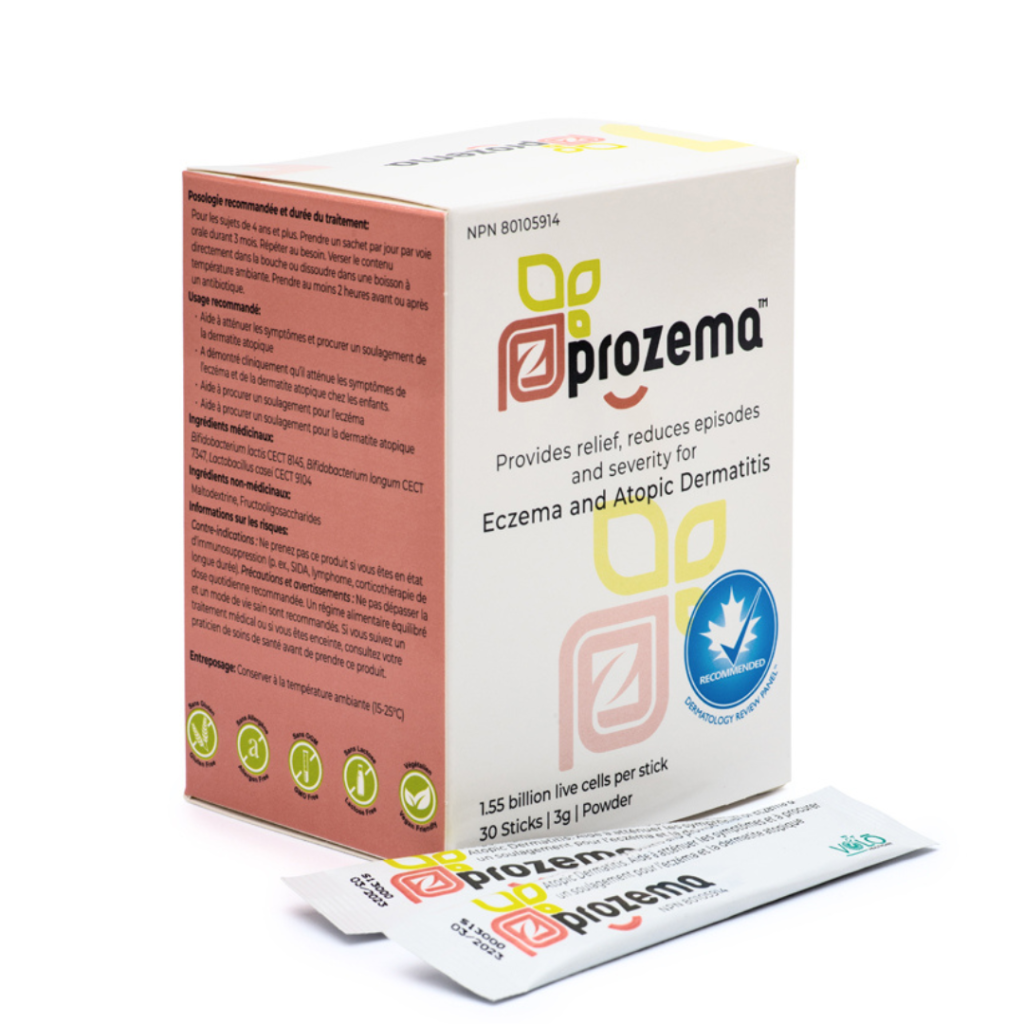
Best Probiotic Supplement For Skin
How Probiotics Benefit Skin Health
Good skin health is crucial not only for our appearance but also for our overall well-being. The skin is the body’s largest organ and acts as a protective barrier against external threats, such as pollution and harmful UV rays. However, maintaining healthy skin requires more than just a good skincare routine. Recent research has revealed that the health of our gut microbiome, the trillions of microorganisms living in our digestive system, plays a critical role in maintaining healthy skin. Probiotics can help balance the gut microbiome, which in turn can lead to improvements in skin health.
The Best Probiotic Supplements for Skin Health
There is a strong connection between gut health and skin health, and probiotics can play a crucial role in maintaining both. Probiotics are live microorganisms that can help balance the gut flora, which in turn can lead to improved skin health. Additionally, probiotics can help reduce inflammation throughout the body, which can help alleviate skin conditions such as acne, eczema, and psoriasis. There is scientific evidence supporting the benefits of probiotics for skin health, with studies showing that probiotics can reduce inflammation, and even improve skin barrier function. Incorporating probiotics into your daily routine can improve both your gut and skin health, leading to improvements in well-being.

The Gut Microbiome and Skin Health Connection
When selecting the best probiotic supplement for skin health, it is important to consider a few key criteria. First, look for a supplement that contains a variety of probiotic strains, as each strain has different benefits for the gut and skin. Also, make sure the supplement has a high concentration of live bacteria, as this ensures that the probiotics survive the journey through the digestive system and reach your gut intact.
Some of the top probiotic strains for skin health include Lactobacillus acidophilus, Bifidobacterium lactis, Bifidobacterium longum, Lactobacillus casei, and Lactobacillus rhamnosus. These strains can help improve gut flora diversity, reduce inflammation, and provide anti-oxidant properties. In particular, a blend of Bifidobacterium lactis CECT 8145, Bifidobacterium longum CECT 7347, and Lactobacillus casei CECT 9104 has been shown to improve the symptoms of the skin conditions eczema and atopic dermatitis.
How Much Probiotic Should You Take for Skin Health?
The recommended daily intake of probiotics can vary depending on the individual’s needs and the specific probiotic strains being consumed. Generally, experts recommend consuming at least 1 billion colony-forming units (CFUs) of probiotics daily to maintain gut and skin health. Follow the instructions on your probiotic packaging for best results.
It is important to consult with a healthcare provider before you start any supplementation. They can determine the right probiotic for you based on your individual needs and concerns. Talk to your family doctor or pharmacist if you considering taking probiotics for specific conditions.
Summary
In conclusion, probiotics can have a significant impact on skin health by improving gut flora balance and reducing inflammation. Incorporating probiotic supplements into a daily routine can help promote healthy skin and overall well-being. It is important to select a probiotic backed by scientific research and to consult with a healthcare provider before starting supplementation.
When selecting a probiotic supplement for skin health, there are several factors to consider, such as the specific strains and concentration of probiotics and any additional ingredients. Some of the top probiotic strains for skin health include Bifidobacterium lactis, Bifidobacterium longum, Lactobacillus casei. Overall, incorporating probiotic supplements into a daily routine can have significant benefits for both gut and skin health.
References
The Daily of the University of Washington: Best Probiotics for Skin: Probiotic Supplements for Skin Care, Acne, and Dermatitis
OptiBac Probiotics: Can Probiotics Improve Skin Health? | OptiBac
Healthline: The 10 Best Probiotic Supplements of 2021
goop: The Good Skin-Healthy Gut Guide to Probiotics
Byrdie: The 9 Best Probiotics for Women, According to a Registered Dietitian
